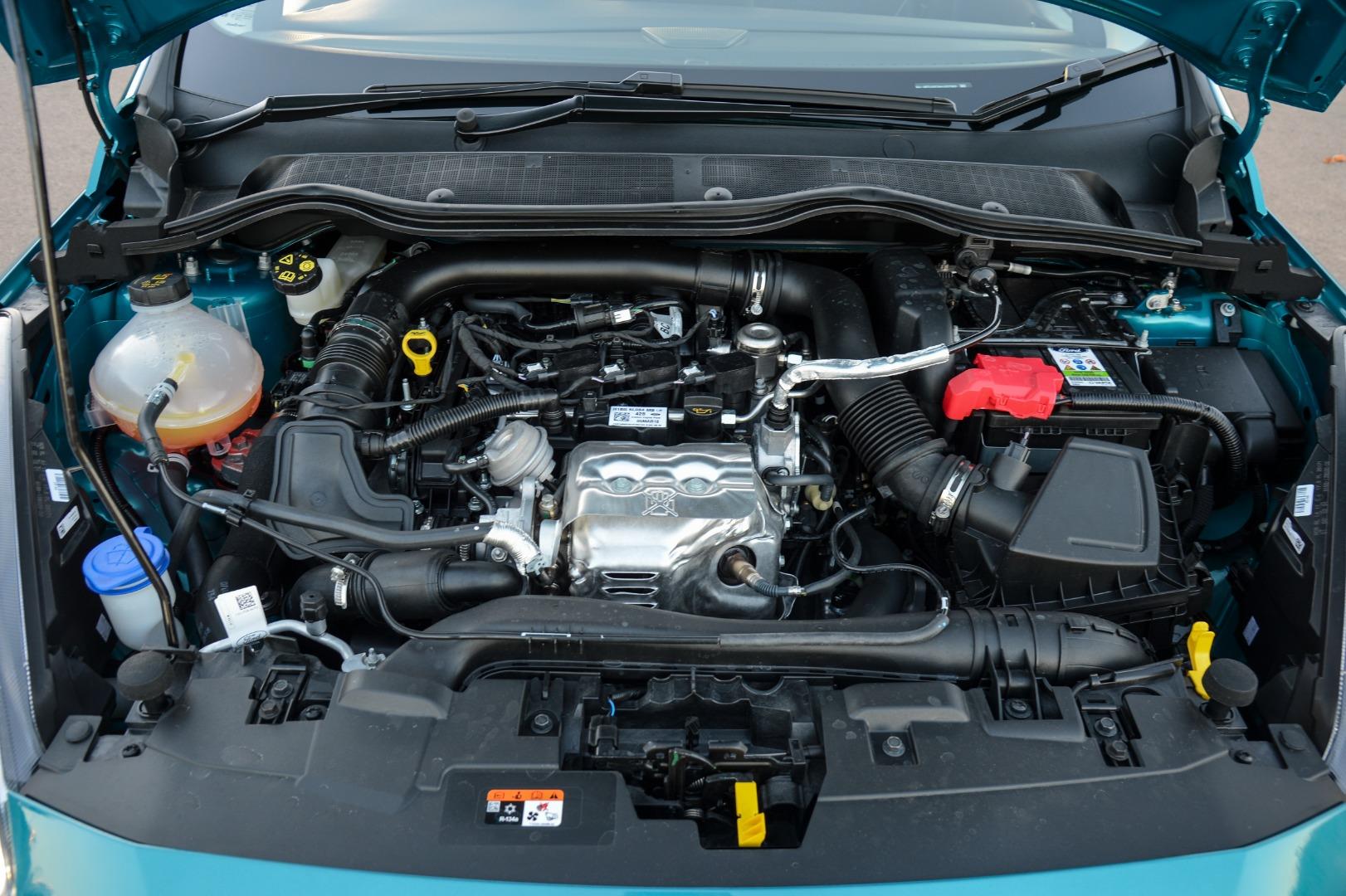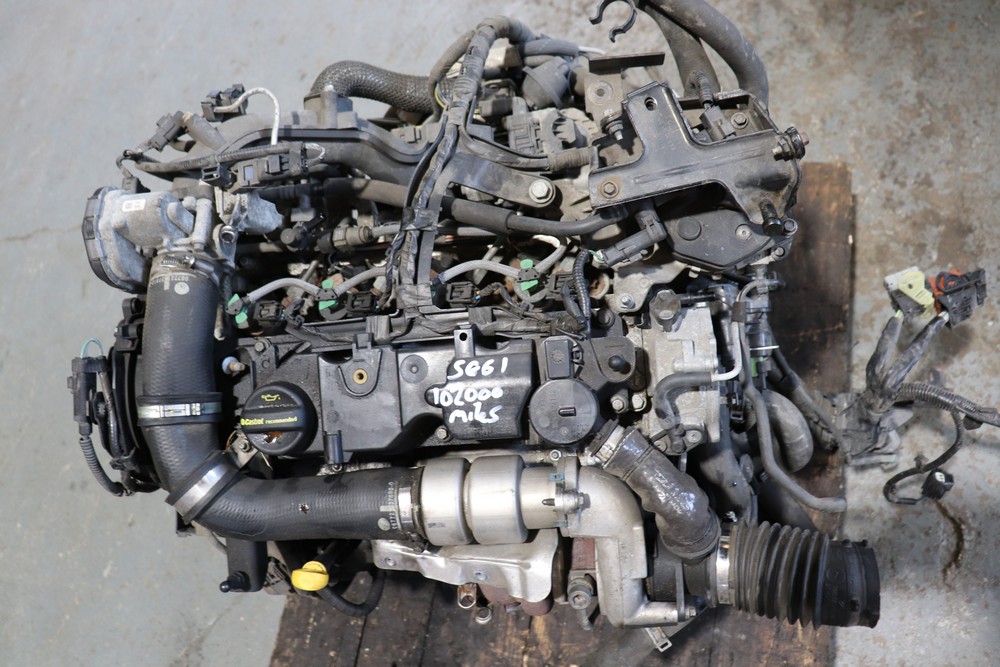Save Money on Repairs with Regular Ford Fiesta Engine Inspections
The Future of Engines: Developments Driving Sustainable Power Solutions
As the vehicle market navigates the imperative transition in the direction of sustainability, the future of engines is significantly defined by groundbreaking developments. Electric engine developments, together with encouraging developments in hydrogen fuel cells and biofuels, are reshaping the landscape of power services.
Electric Engine Advancement
The advancement of electrical engine developments signifies a pivotal shift in the aerospace and auto sectors, driven by the immediate demand for lasting alternatives to nonrenewable fuel sources. This transition is characterized by substantial developments in battery technology, power electronics, and electric motor style, which jointly boost the effectiveness and performance of electrical engines.
Recent developments have led to the creation of lighter, more energy-dense batteries, such as lithium-silicon and solid-state batteries, which guarantee longer ranges and much shorter billing times. In addition, renovations in electrical motor performance, such as the usage of permanent magnets and progressed cooling down systems, make it possible for electrical engines to operate effectively under differing problems. These improvements not only boost lorry efficiency however also add to a decrease in overall power intake.
Additionally, the combination of sophisticated software program algorithms has optimized power management in electrical lorries, permitting regenerative stopping and anticipating charging techniques. As manufacturers significantly embrace electrical propulsion, the automotive and aerospace markets are seeing a standard shift towards greener modern technologies. This development not just satisfies governing needs yet likewise straightens with consumer choices for ecologically pleasant transportation options, solidifying electrical engines as a foundation of future sustainable flexibility.
Improvements in Biofuels
As the aerospace and automobile markets significantly prioritize sustainable energy sources, advancements in biofuels emerge as a corresponding solution to electric engines. Biofuels, stemmed from natural materials such as plants, waste, and algae, provide a cutting-edge method for reducing greenhouse gas discharges and reliance on fossil fuels.
Recent research has concentrated on improving the efficiency and sustainability of biofuel production. Second-generation biofuels utilize non-food feedstocks, minimizing competition with food supply and lowering environmental impact. Furthermore, improvements in artificial biology have allowed the engineering of bacteria to produce biofuels better, leading to higher returns and lower manufacturing expenses.
Furthermore, the growth of drop-in biofuels enables smooth combination right into existing facilities, allowing a smoother transition for markets commonly depending on fossil gas. ford fiesta engine. These gas can be utilized in current engines without modifications, promoting their fostering across various fields
Investments in biofuel modern technology, along with encouraging plans, are necessary to drive development and scalability. As the worldwide community looks for to deal with environment adjustment, biofuels provide a pragmatic, prompt service that aligns with the overarching goal of sustainability in transport and air travel.
Hydrogen Fuel Cell Modern Technology
An expanding variety of companies and scientists are discovering hydrogen fuel cell modern technology as a feasible alternative to standard power sources in transportation and power systems. This innovation transforms chemical energy from hydrogen into electricity with an electrochemical reaction, with water as the only by-product, making it an eco-friendly option.
The core of hydrogen gas cells is the fuel cell pile, where hydrogen particles are split right into protons and electrons. The circulation of electrons generates electrical power, while protons relocate with a membrane layer to combine with oxygen from the air, creating water. This procedure results in high performance and low discharges, placing hydrogen gas cells as an important player in the shift to lasting power.
Significant innovations have actually been made in enhancing the longevity and performance of gas cells, along with decreasing prices through ingenious production techniques. Additionally, the growth of hydrogen production techniques, such as electrolysis powered by renewable resource resources, enhances the sustainability of the overall system. As facilities for hydrogen refueling expands and manufacturing methods become much more effective, hydrogen fuel cell innovation holds great promise for decarbonizing various industries, including heavy-duty transport and stationary power generation.
Hybrid Solutions and Their Influence
Hybrid systems represent a significant evolution in sustainable engine technology, combining typical interior combustion engines with electric propulsion to maximize power effectiveness and decrease exhausts (ford fiesta engine). This twin method allows automobiles to utilize both source of power, enabling greater versatility in power intake and lowering dependence on fossil fuels

Along with ecological advantages, crossbreed systems supply consumers a viable change in the direction of totally electrical lorries. They relieve variety stress and anxiety by combining the convenience of fuel with the advantages of electric propulsion, making them an eye-catching choice for a wider audience. As suppliers purchase hybrid technology, the growth of even more sophisticated battery systems and light-weight products remains to improve performance. On the whole, hybrid systems represent an essential step in the direction of attaining sustainable transport and addressing the urgent need for eco-friendly power solutions.
The Function of AI in Engine Style
Leveraging advanced algorithms and equipment discovering strategies, the automobile market is significantly integrating synthetic knowledge (AI) right try these out into engine design processes. AI improves the performance and effectiveness of style by assessing vast datasets to determine ideal arrangements and performance specifications. This ability permits designers to imitate various operating conditions and anticipate engine habits under numerous circumstances, significantly decreasing the moment and expense connected with typical prototyping approaches.
In addition, AI facilitates the growth of sophisticated materials and burning procedures customized for sustainability. By maximizing fuel effectiveness and decreasing exhausts, AI-driven layouts straighten with international efforts targeted at lowering the carbon impact of auto engines. Machine understanding algorithms can also predict upkeep demands, causing boosted integrity and durability of engine elements.
Moreover, AI contributes in the assimilation of electrification technologies, such as crossbreed systems, where it can maximize battery administration and energy recovery procedures. As the market moves towards even more sustainable power remedies, the duty of AI in engine layout ends up being progressively vital, driving technology and boosting the efficiency of future engines. Eventually, the collaboration in between AI and engine design heralds a brand-new age of smarter, cleaner, and much more reliable vehicle technologies.

Conclusion
Finally, the future of engines is being shaped by a convergence of innovative innovations that focus on sustainability. Electric engine developments, biofuel advancements, hydrogen gas cells, and crossbreed systems jointly add to a significant reduction in discharges and environmental effect. Furthermore, the assimilation of fabricated intelligence in engine design enhances efficiency and performance. These transformative solutions emphasize a dedication to producing a cleaner, more sustainable automotive landscape, ultimately profiting both society and the atmosphere.
Electric engine advancements, alongside encouraging growths in hydrogen fuel cells and biofuels, are reshaping the landscape of power remedies. Additionally, renovations in electrical motor effectiveness, such as the use of irreversible magnets and advanced cooling systems, enable electrical engines to operate effectively under differing conditions. By maximizing gas effectiveness and lessening emissions, AI-driven designs straighten with global campaigns intended at decreasing the carbon impact of vehicle engines. As the industry moves in the direction of even moved here more sustainable power solutions, the role investigate this site of AI in engine design comes to be progressively important, driving development and enhancing the efficiency of future engines. Electric engine developments, biofuel growths, hydrogen fuel cells, and crossbreed systems collectively contribute to a considerable reduction in discharges and environmental effect.